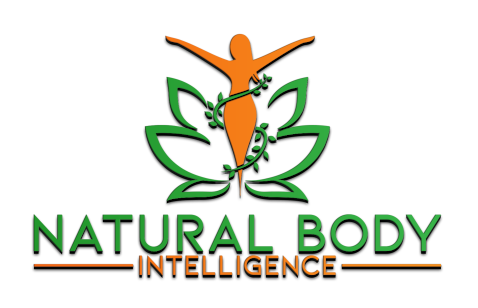Rest isn’t just a break from activity; it’s an essential element of the body’s healing process. When given adequate rest, the body shifts into repair mode, allowing for cellular regeneration, inflammation reduction, and overall well-being. Incorporating rest as a core element of health ensures that both physical and mental aspects of healing are addressed. Here’s a deeper exploration of how rest supports natural healing. During periods of rest, the body reallocates energy from activities like digestion and physical exertion towards cellular repair and immune function. This shift is vital for reducing inflammation, expediting recovery from injuries or illnesses, and balancing hormone levels. The body’s natural mechanisms for repair become more active, accelerating healing processes and fostering overall vitality.
Sleep: The Most Potent Form of Rest
Sleep plays a central role in healing by providing the deepest form of rest. During sleep, growth hormones that aid in tissue repair are released, and the brain performs critical functions such as detoxification and memory consolidation. Quality sleep strengthens the immune system, boosts cognitive performance, and supports emotional well-being, making it a crucial component of any healing regimen.
For optimal results, focus on both sleep duration and quality. Maintaining a consistent sleep schedule, creating a relaxing bedtime routine, and minimizing screen exposure before bed can significantly enhance sleep quality, thus supporting the body’s healing capabilities.

Balancing Physical Activity and Rest for Maximum Benefits
Physical activity is beneficial for health, but excessive exercise can be counterproductive, leading to chronic fatigue, injuries, or burnout. To ensure recovery, it’s essential to integrate rest into a fitness routine. Pay attention to signals from the body indicating fatigue, such as sore muscles, mood swings, or lack of focus, and adjust rest periods accordingly. The right balance between activity and rest optimizes energy use and ensures resources are available for repair and recovery.
Embracing Mindful Rest Practices
Mindfulness techniques like meditation, deep breathing, and yoga help achieve a state of restfulness that benefits both the mind and body. These practices reduce the levels of stress hormones, calm the nervous system, and create a conducive environment for natural healing. Integrating mindfulness into daily life can amplify the benefits of rest, improving not only physical health but also mental clarity and emotional stability.
Strategies for Incorporating Rest into Daily Life
- Napping: Short naps can help recharge energy levels and support cognitive function. Aim for a nap of 10-20 minutes to avoid grogginess.
- Active Rest: Light activities such as stretching or walking provide relaxation without exertion, enhancing blood circulation and reducing muscle stiffness.
- Unplugging from Digital Devices: Limiting screen time reduces eye strain, lowers mental fatigue, and fosters deeper relaxation.
Rest and Detoxification: Supporting the Body’s Natural Cleansing Mechanisms
The body’s primary detox organs, such as the liver and kidneys, work most effectively during periods of rest. Adequate sleep allows these organs to perform their functions of waste elimination, cellular regeneration, and chemical balance regulation efficiently. Prioritizing rest over external detox products supports a more balanced and natural approach to cleansing.
Understanding the Body’s Signals for Rest
Recognizing signs of fatigue, such as muscle soreness, irritability, and difficulty concentrating, can guide decisions to rest. Ignoring these cues may lead to chronic health problems or prolonged recovery times. Being in tune with the body’s needs and providing adequate rest promotes long-term vitality and prevents burnout.
Rest as an Immune System Enhancer
The immune system operates more effectively when the body is at rest, as stress-related hormones decrease and immune cells become more active. This strengthens the body’s defenses against infections, reduces the likelihood of autoimmune flare-ups, and accelerates recovery from illnesses. Making time for regular breaks, even during busy schedules, can significantly boost immune resilience.
The Pitfalls of Overusing Stimulants to Mask Fatigue
Relying on caffeine and other stimulants to overcome tiredness only offers temporary relief and can disrupt natural sleep patterns, preventing the body from entering its essential repair mode. Instead, creating a lifestyle that emphasizes rest, proper nutrition, and hydration will support sustainable energy levels and natural healing.
Prioritizing a Rest-Centered Approach to Health
Viewing rest as a necessity rather than a luxury is a paradigm shift that can profoundly impact well-being. By making restorative practices a routine part of daily life—whether through sleep, meditation, or relaxation—rest becomes a powerful, natural means to enhance recovery and promote holistic health.
Conclusion: Embracing Rest as a Path to Natural Healing
Integrating rest into a healthy lifestyle enables the body to utilize its natural healing capabilities. The aim is not to do less, but to allow the body the time and conditions it needs to function optimally, heal from within, and achieve a state of thriving health. Make rest a priority, and the body will repay the favor with renewed energy, resilience, and vitality.

